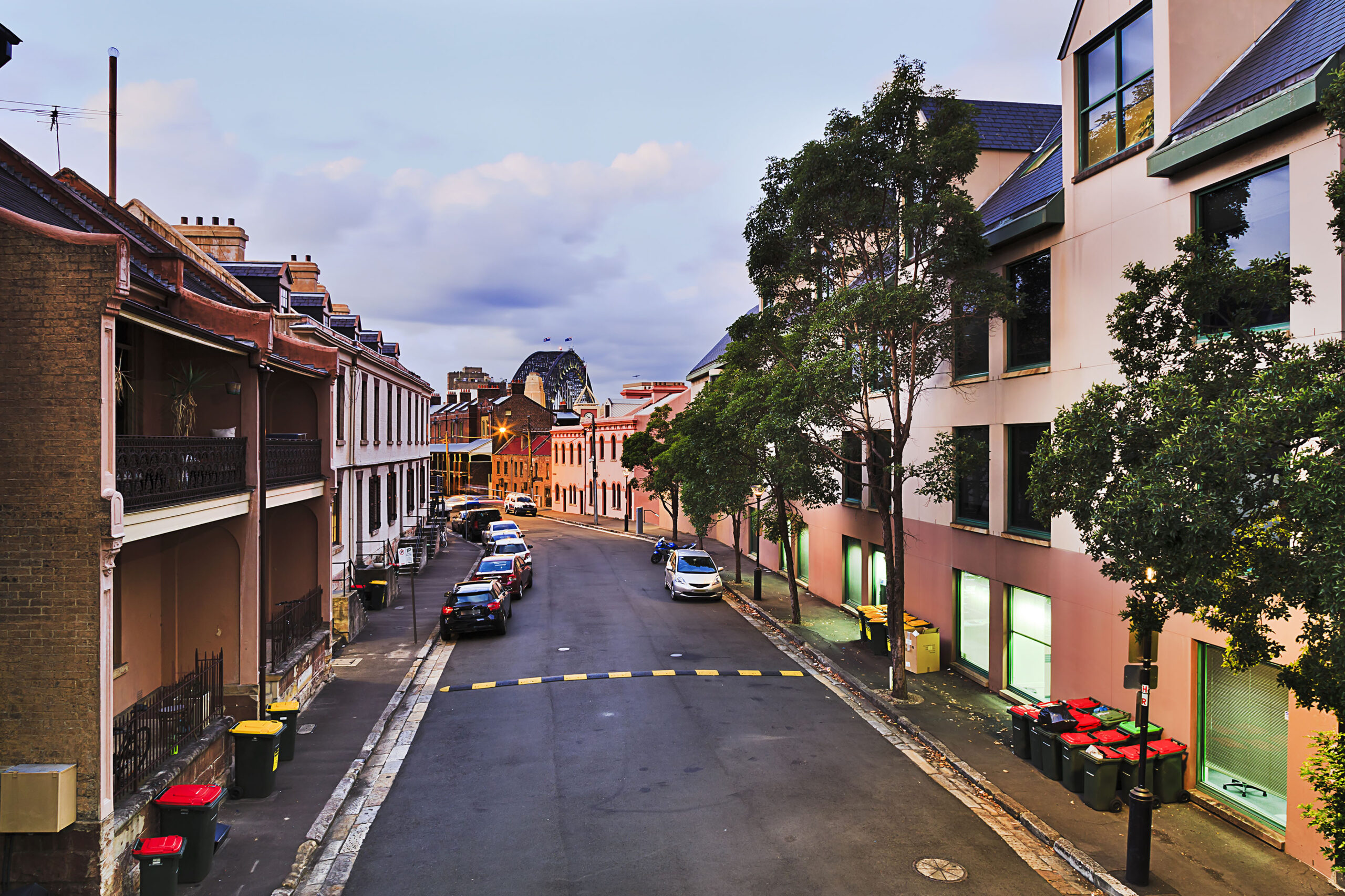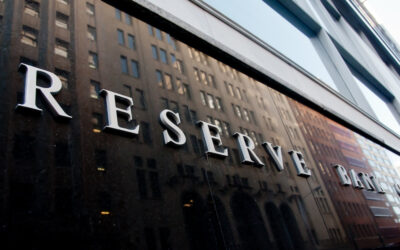In this article:

OPINION by Mark Bouris
The Reserve Bank of Australia has just handed down another interest rate decision. For the ninth time in a row, they’ve kept interest rates on hold at 4.35 per cent.
But this time around, the RBA made a massive pivot.
For the first time in years, the Reserve Bank hinted at a coming interest rate cut. In its statement, the RBA noted that growth in output has been weak. It noted that wage pressures have eased.
It said incomes and consumption have recovered slower than predicted. The taxpayer is paying for all of that.
Meanwhile, the private sector is struggling. Business investment is down. New private sector jobs aren’t being created. But the boom in the public sector is hiding this.
It’s making things look better than they really are in the economic data published by the ABS.
The RBA must take this into account, just as it has to take into account the supply side of the economy.
You may be led to mistakenly believe that the only way to kill inflation is to hike interest rates.
But that’s not true.
One of the core drivers of inflation at the moment is electricity bills.
But high interest rates won’t bring down power prices.
The only thing that will bring down power prices is building more baseload power stations and increasing domestic gas supply.
The same goes for grocery prices.
One of the reasons grocery prices are so high is because the supermarket system in Australia is a duopoly.
Woolworths and Coles control most of the market. That means they can charge high prices without losing customers to competition offering lower prices.
Again, interest rates won’t do anything to boost competition in the supermarket sector. That’s a job for the Australian Competition and Consumer Commission (ACCC).
This is why the RBA should hand down a rate cut in February, especially considering the rest of the world is already doing it. In New Zealand and Canada, rates have already come down by 1.25 per cent.
In the EU, rates have come down by 1.1 per cent. In the US and Switzerland, they’ve come down by 0.75 per cent. In the UK and Korea, they’ve come down by 0.5 per cent.
Let’s hope the Reserve Bank follows in February.
Because if they don’t, we’ll trade high inflation for a recession.
Article originally published on News.com.au



